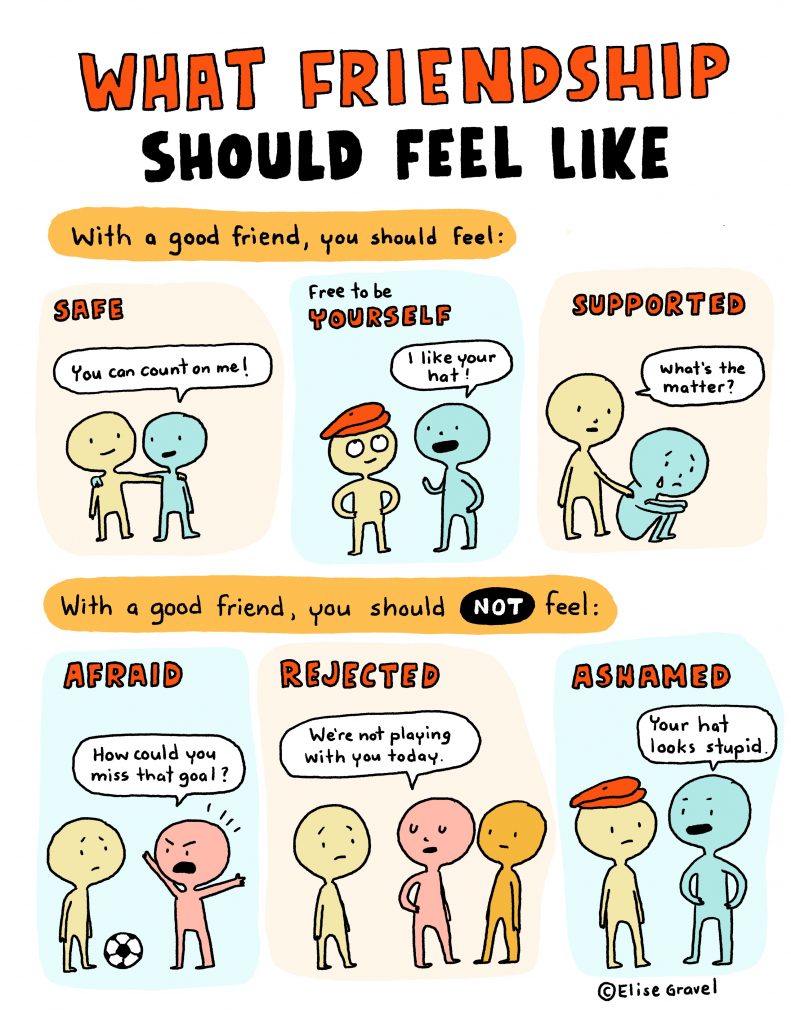Hello Everyone,
Last weekend I was walking with my family in the forest on the North Shore with friends of ours and their daughter who is the same age as mine. My daughter was a bit nervous at first because she hadn’t seen her friend in such a long time. As a result of both kids feeling nervous it was a bit awkward at the beginning, quiet kids, fidgeting, and parents trying to help them regain the connection they had when they saw each other regularly. They eventually figured it out.
My friend and I began talking about how hard maintaining friendships and connection to people has been during Covid. How isolating and lonely it can sometimes feels. The same is true for kids and this is even more impactful for them when play and connection make up so much of what they need. Providing time for our kids and ourselves to connect to others is hard, as any busy parent will say. During Covid, it gets even harder.
Kids require regular play not only to process emotions and thoughts about their world but to also learn how to act in positive ways in social or group situations. This is a skill that they need to learn and practice. Moreover, it has become harder for kids to learn, due to reduced opportunities to practice.
As parents, we can help our children by creating times and spaces for them to play with other children (eg play dates, extra curriculars, sports teams etc.). We can also help them build their skills by introducing books where friendship is a theme, having family discussions and/or being that play partner for our kids that models positive friendship qualities and behaviours.
I came across this cartoon by Elise Gravel which is a great tool for starting a conversation about what a ‘good’ friend is. I thought I would share it with you today.
As always, if helping your child build friendships is a concern for you please do not hesitate to be in touch. I would be happy to have a conversation and/or help you connect to some resources.

I love this post. I work hard to plan time where my daughters are with friends. One daughter pushes back against this and the other is sometimes a bit indifferent about seeing others. When they do have that connection time with peers it’s always worth it. Now I’m teaching them to make their own plans. It takes some prodding but it’s important for them to be proactive and reach out and respond to others so they can continue to feel connected. Sometimes it’s easier to not make the effort has so many benefits. They are enriching the lives of their friends as well as their own.
Thanks Deb. I absolutely agree. I am so glad you are teaching them to be part of the planning process. I think as our kids get older they really benefit from slowly taking over this responsibility….with support of course.
Thank you for your thoughts.
I’m curious about “rejection” in the cartoon. At what level is rejection normal among friends?
The “feel good” in us would say never, however, all personalities are complex and some friends will be great one day, and on others, they might be a bit tired playing with a specific friend. Perhaps one friend is very energetic and the other is not up to it that day, or other friends come into the scene and the play dynamic shifts.
My take has been to raise my child to be as civil as possible. There are setbacks that occur. I am fortunate that the majority of parents I have interacted with help find these little lessons for improvement.
(Context – My son is rounding the corner to 5 yrs old)
Hi Andrew,
Thanks for your thoughts as well. I think you bring up some really good points. Rejection is complicated and often hard for kids to correctly identify. I think what you are describing is the difficulty kids have in identifying rejection vs choices. You are right, sometimes kids want to play different things from day to day and when one child’s play plan (“let’s play lego”) and another kids play plan (“No, I am playing soccer with ______________”) don’t match it can feel like rejection to some. Sometimes a child’s choice might appear like deliberate exclusion (ie rejection). Moreover, just because a friend says no today, doesn’t necessarily mean that they don’t want to be your friend or that they will always say no.
I love that you are helping your kids be resilient and kind when others aren’t at their best. I think what you are bringing up also highlights the importance of providing kids with opportunities to practice play and communicate their wants, needs and feelings with their friends.